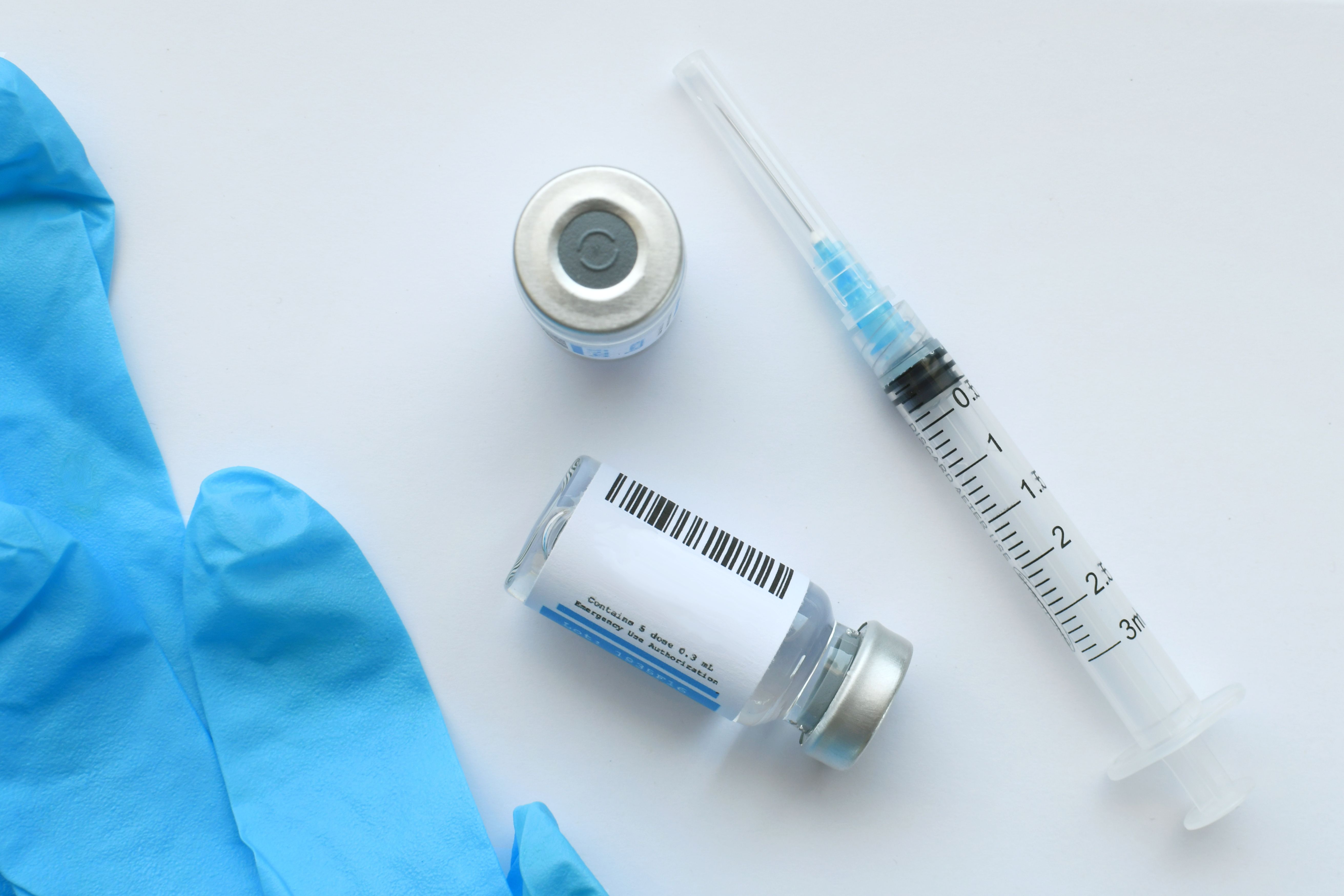
Q&A: Preparing Community Pharmacies for Respiratory Disease Season

Early planning and strong partnerships enable community pharmacies to manage the surge in vaccines and treatments during influenza, COVID-19, and RSV seasons.
Fall and winter bring increased demand for vaccines, treatments, and patient support in community pharmacies. By securing supplies early on, managing patient flow, engaging patients, and collaborating with local health care partners, pharmacies can provide efficient, high-quality care. Strategic preparation ensures communities are protected and pharmacy operations remain smooth throughout the respiratory illness season.
Drug Topics recently sat down with Timothy Hudd, PharmD, RPh, AE-C, professor of pharmacy practice at Massachusetts College of Pharmacy and Health Sciences, to discuss the most important steps community pharmacies should take to prepare for respiratory disease season. They also discussed how pharmacies can effectively manage vaccine inventory and anticipate patient demand, and which strategies can help pharmacies engage patients who may be vaccine hesitant or unaware of their eligibility.
Drug Topics: What are the crucial steps community pharmacies should take to prepare for respiratory disease season?
Timothy Hudd, PharmD, RPh, AE-C: Generally, the fall and winter months [are] when we see a spike in respiratory illnesses, such as the flu, COVID-19, and RSV [respiratory syncytial virus]. Now is a good time to prepare in advance by ensuring ample stock of not only vaccine supply but other resources in the armamentarium, such as antivirals and even OTC products such as antipyretics and protective gear, [such as] masks and hand sanitizer.
Drug Topics: How can pharmacies effectively manage vaccine inventory and anticipate patient demand for flu, COVID-19, and RSV vaccines?
Hudd: My father-in-law was a farmer in Western Massachusetts. I wanted to shout out to Big Al from the Berkshires. He always says [that] prior planning prevents poor performance. What it all comes down to is planning in advance. For instance, during the late spring and early summer months, pharmacies can prebook vaccine supply with wholesalers, and orders can generally be guided based on historical data. This can help head off early surges for back to school and during the cold and flu season. September and October tend to be a very busy time for pharmacies in terms of vaccines, because this is usually the ideal time to administer vaccines [such as] COVID-19, RSV, and flu....
Another consideration is, we've unfortunately seen significant increases in pharmacy closures and staffing shortages across the country. Consequently, things can be really hectic during the fall and winter months. Pharmacies may want to put measures in place to help control demand. I think, at least during certain times of the day, maybe balance walk-in appointments with scheduled appointments, where we're not turning patients away, but limiting the number of walk-in visits during peak hours while still having the opportunity for scheduled visits.
Drug Topics: What strategies can help pharmacies engage patients who may be vaccine hesitant or unaware of their eligibility?
Hudd: Unfortunately, there's a lot of misinformation about vaccines. I think this is really a good opportunity for pharmacists to shine and help dispel any misinformation that might exist and address any barriers that might be standing in the way. I really think it comes down to good communication and remembering to use open-ended questions, listen without judgment, and address concerns using fact-based information. This is an approach that not only pharmacists can take, but also other staff and individuals who might be interfacing with the patient, in terms of how to engage patients who may be unaware of their eligibility. It's difficult to really target everyone, but I think a good start is to focus on those high-risk groups, young children, older adults, maybe patients with high-risk conditions, [such as] asthma, COPD [chronic obstructive pulmonary disease], diabetes, [and] cardiovascular disease, because these folks are at a particularly high risk for complications from these viral illnesses.
Drug Topics: How can pharmacies coordinate with local health departments or primary care providers to enhance community vaccination coverage?
Hudd: I spend a lot of my time working within the primary care setting, and we rely on our state immunization information systems that help identify patients who are in need. It's really important to ensure that that information is up to date, and it's also helpful to establish good communication channels with key partners such as primary care clinicians, local health departments, and other groups, where pharmacies can share their vaccination capabilities, hours of operation, [and whether] they offer expanded services such as point-of-care testing. All this can help boost referrals and revenue for the pharmacy.
Drug Topics: How can community pharmacies build long-term infrastructure to better handle seasonal surges in respiratory illness and vaccination?
Hudd: There's some overlap between what we discussed on the short-term planning and what we talked about for proper training. In terms of building that long-term infrastructure, consider investing in resources such as dedicated space for immunizations, establishing long-term contracts or agreements with wholesalers and manufacturers to help fortify the vaccine supply chain, and [seeking] opportunities to help strengthen partnerships with local groups. Consider collaborating with a local college of pharmacy, if there's one in the area, and offer internships in the flu season. Future pharmacists are eager to help, and they really could benefit from some of the practice. Finally, just review overall performance from the past season. What went well? What are some areas for improvement? These lessons learned can go a long way when planning for the following season.
READ MORE:
Don’t get left behind: Sign up today for our
Newsletter
Pharmacy practice is always changing. Stay ahead of the curve with the Drug Topics newsletter and get the latest drug information, industry trends, and patient care tips.























